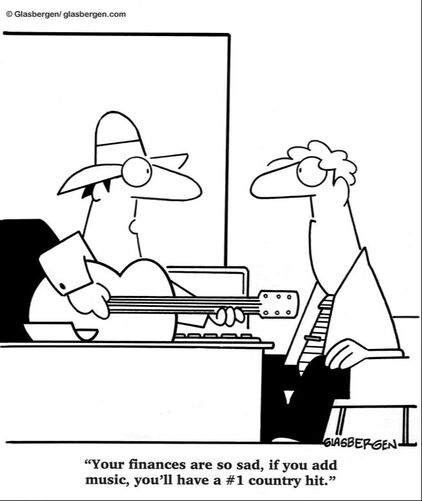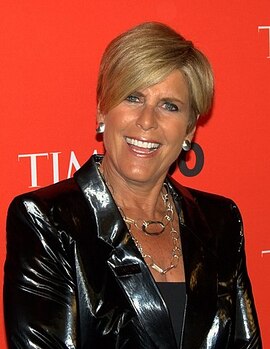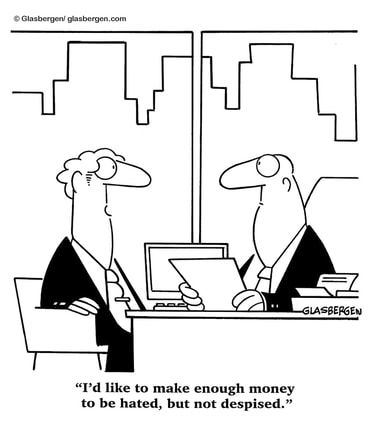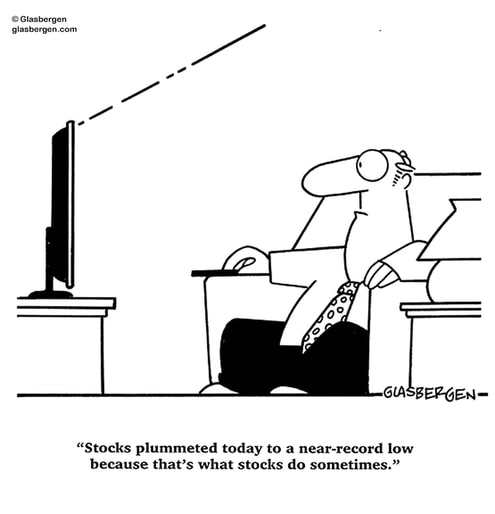|
Early in the 2000s, I was a few years out of grad school, with a master’s in environmental studies. I worked full time as a freelance editor and had a sideline as a tax preparer. But my partner and I had moved from Massachusetts to Florida, which was a major life change. Instead of my income going up, which had been the plan, it had stalled at a relatively low level. I had been a jack of all trades most of my life—I couldn’t seem to settle on a single focus, and I often changed course after a while. I had done leather craft, been a lab technician, taught guitar, worked as a secretary, a temp worker, tax preparer, and yes, an editor. I had gone to grad school to enhance my marketability as an editor of life sciences textbooks. But now, with my income having dropped, I was thinking about yet another career change. Maybe what I really wanted to be when I grew up was a forest ranger or park ranger, or at least a biologist working for an environmental agency. Did I really want to start over again once more, or was I just desperate and wanting a way out? Was I searching—or avoiding? The fact is, I was already grown up. I wasn’t equipped to start job-searching for an entry-level position in a new field—especially one that didn’t pay well. And I was no longer as physically strong as I used to be, which probably meant working as a ranger was off the table. The time for making a change like this had passed, but I hadn’t quite realized it.
Suze listened to her story, and when the woman was done, Suze asked her, “My dear, why are you not making twice as much?” This simple statement—no deep philosophy, no statistics, no advice—went off in my brain like a blinding flash. Today we would use the mind-blown emoji. It’s hard to describe the shift that I felt, but many changes followed. They fit generally under the phrases Get Real and Get Serious. My longest history of gainful employment had been as an editor, and I was very skilled and successful in this field. Acknowledging this allowed me to drop all the alternative jobs that popped up in my restless mind and to stop trying to re-invent myself. In other words, to get real. A freelance editor needs to actively look for editorial work. I had become too relaxed about scouting for new contacts, making connections, and staying in touch. This part of freelance life was not my favorite, but I knew it was necessary. I had to get serious. I did take action. I went to our local library reference department and pulled out a hard copy of Literary Market Place to begin searching for publishing companies. I spent time working through this resource and writing down potential contacts—and I made some serendipitous connections. It “just so happened” that when I contacted McGraw-Hill, they were looking for a developmental editor in life sciences. I also did work later on for W. W. Norton, Pearson Addison-Wesley, and other, smaller companies, all of which I sought out and followed up on. The following year, my income doubled. In fact, it almost tripled. The year after that, it doubled again. I’d like to say that my income stayed at that high level until I retired, but contract work is unpredictable, and the market began to change. Still, I wouldn’t have been as financially successful had I not heard that wake-up call from Suze Orman.
I said earlier that it was hard to describe the shift I felt, but I’m going to give it a try. That shift wasn’t simply getting new information and using logic to plot a rational course of action, although I did take action. Instead, it was a consciousness shift. The frame of mind, or whatever it was, that had led me into this stuck place didn’t just change; it dissolved. I think that as a result, I found open doors—doors I hadn’t looked for and hadn’t been able to look for. Opportunities suddenly appeared. Skeptics might say that those opportunities were there all along, and perhaps that’s true—but for me, they might as well have not existed until I went looking for them with my “new eyes.”
4 Comments
|
Categories
All
Archives
January 2024
|




 RSS Feed
RSS Feed